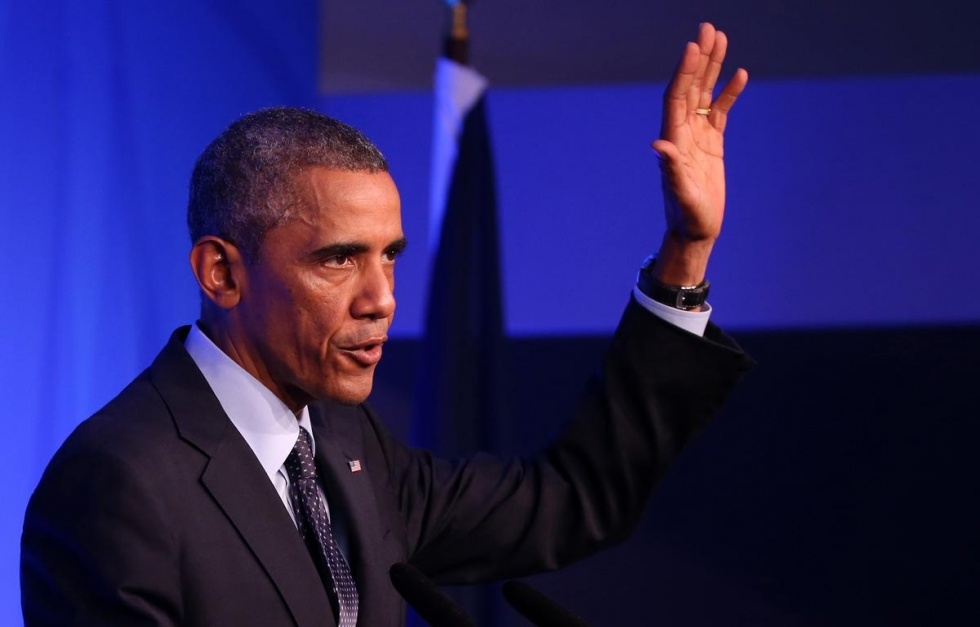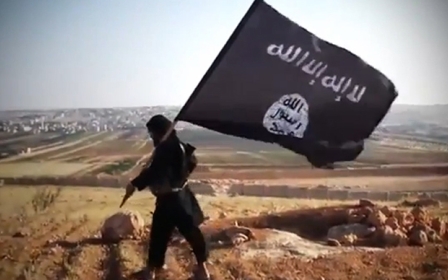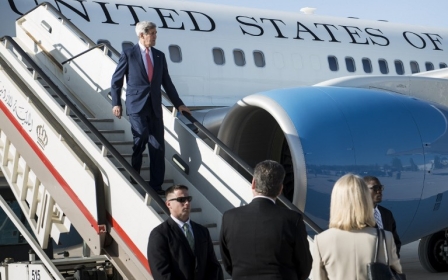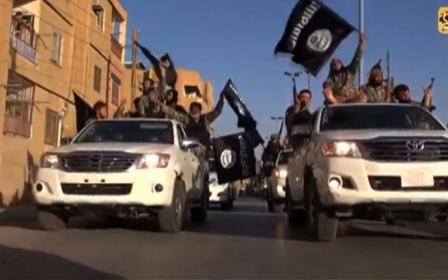Obama prepares the US for heavy lifting

Just as Barack Obama thought he was finally shedding the wars he never wanted, along came the Islamic State. And with it came Dick Cheney, emerging from the shadows this week to proclaim that it is the president’s failure to project American power that has got Iraq into its present mess.
This predictable revisionism by the former vice president, who helped drive the disastrous invasion and war that spawned the Sunni insurgency that evolved into the Islamic State, found a receptive audience among Republican members of Congress. But Cheney’s attempts to blame Obama’s decision to pull the last American troops out of Iraq three years ago for the rise of the IS have been given credence by the president’s embarrassing admission a week ago that “we don’t have a strategy yet” to deal with the crisis.
Obama sought to put that right in an address to the nation on Wednesday evening intended to leave the impression that, far from being a man without a plan, he has been carefully crafting a policy to wreck the IS, and prevent it taking over Baghdad or expanding its control into other countries such as Jordan, without drawing the US into another bloody conflict.
The president has decided to become involved in the war in Syria to a degree he has previously avoided by authorising the bombing of IS targets there. He said he will also extend air attacks inside Iraq beyond the present raids to protect threatened communities in a broader effort to roll back the IS.
But carrying the fight into Syria has its own dangers, not least that destroying the Islamic State helps President Bashar al-Assad. So Obama also intends to ramp up support for Sunni insurgency groups regarded as suitably pro-western in the hope that they can fight both Assad and the IS at once. Or one and then the other.
The president said he has the authority to expand the air war without the approval of the US Congress but he does need it to authorise $500 million to train and equip Syrian fighters. Last year, Congress embarrassed the White House by rejecting a plan to bomb Syria over al-Assad’s use of chemical weapons but the mood appears to have swung in favour of air attacks and increased support for less extreme rebel forces.
Obama is taking action now in part because of the rapidly changing reality on the ground but his hand has also been forced by a shift in American public opinion. It had been content to let the Iraq debacle slide in to history but has become increasingly anxious about the Islamic State, especially since the beheading of two US journalists. A Pew Research poll this week showed a surge in concern about the potential for Islamic extremist attacks on US soil.
Obama acknowledged that “we have not yet detected specific plotting against our homeland” but said Islamic State leaders have threatened the US and its allies. Part of the White House’s calculation is the need to stem the flow of fighters from Europe and, to a lesser extent, the US who have the potential to bring violence back to their home countries.
But for all the alarm neither the US public nor Obama want to send American combat troops back into action in the Middle East and so the president was at pains to say that the fight against the IS would not be like what has gone before.
“I want the American people to understand how this effort will be different from the wars in Iraq and Afghanistan. It will not involve American combat troops fighting on foreign soil,” the president said. “This strategy of taking out terrorists who threaten us, while supporting partners on the front lines, is one that we have successfully pursued in Yemen and Somalia for years.”
That’s not likely to instil particular confidence in most Americans. For a start, if they know anything about the US strategy in either country, it is likely to be that there are still a lot of al-Qaeda linked fighters in both places. And, as the president said, the US has been combating them for years.
Even though Washington claims progress both in Yemen and Somalia - his month the US killed the leader of Somalia’s al-Shabab, Ahmed Godane - it is far from declaring the fight over. Obama appeared to be preparing his US audience for a similarly long struggle against the IS.
In an attempt to dispel the idea that he has suddenly woken up to the threat and is acting out of desperation and under political pressure, the president said the decision to act now is a consequence of the installation of a new, less sectarian government in Baghdad.
“American power can make a decisive difference but we cannot do for Iraqis what they must do for themselves, nor can we take the place of Arab partners in securing their region. That’s why I’ve insisted that additional US action depended upon Iraqis forming an inclusive government, which they have now done in recent days,” he said.
With that new administration in place, Obama said he was ready to “announce that America will lead a broad coalition to roll back this terrorist threat”. But there is more than a feel of George W Bush and Cheney’s “coalition of the willing” for the Iraq invasion about Obama’s strategy.
His secretary of state, John Kerry, is racing around the Middle East attempting to galvanise support, particularly from Sunni-led administrations. Saudi Arabia has already agreed to train Syrian insurgents fighting Bashar al-Assad and IS. Administration officials say the Arab League is on board but it will be down to individual governments to decide if they want to get involved.
Then Kerry is off to Europe to try and build on Obama’s appeal for allies at the Nato summit in Wales last week. The British may well be drawn in. Other governments may well take the view that, in Colin Powell’s words, “you broke it, you own it”.
The US defence secretary, Chuck Hagel, flew to Ankara to try and get Turkish leaders on board. But they are hesitant because IS is holding dozens of Turkish citizens including the head of its consulate in Mosul.
After that, Obama’s looking to the UN when the General Assembly begins its session later this month. The president will be chairing the UN security council meeting and no doubt pressing the case for the international campaign against the Islamic State. But getting it past Russia, and probably China, will be no easy task.
In the end, the US will probably be left doing the heavy lifting.
- Chris McGreal is a former correspondent for the Guardian in Washington, Jerusalem and Johannesburg. He now reports from the US. He has won several awards including the Martha Gellhorn prize, the James Cameron award and Amnesty International press reporter of the year. McGreal is author of Chaplains of the Militia, an investigation of the Catholic church’s complicity in the Rwandan genocide (http://guardianshorts.co.uk/chaplainsofthemilitia/). He is working on a book about Israel and apartheid.
The views expressed in this article belong to the author and do not necessarily reflect the editorial policy of Middle East Eye.
Photo credit: Obama speaks at the Nato conference in Wales last week (AFP)
New MEE newsletter: Jerusalem Dispatch
Sign up to get the latest insights and analysis on Israel-Palestine, alongside Turkey Unpacked and other MEE newsletters
Middle East Eye delivers independent and unrivalled coverage and analysis of the Middle East, North Africa and beyond. To learn more about republishing this content and the associated fees, please fill out this form. More about MEE can be found here.





